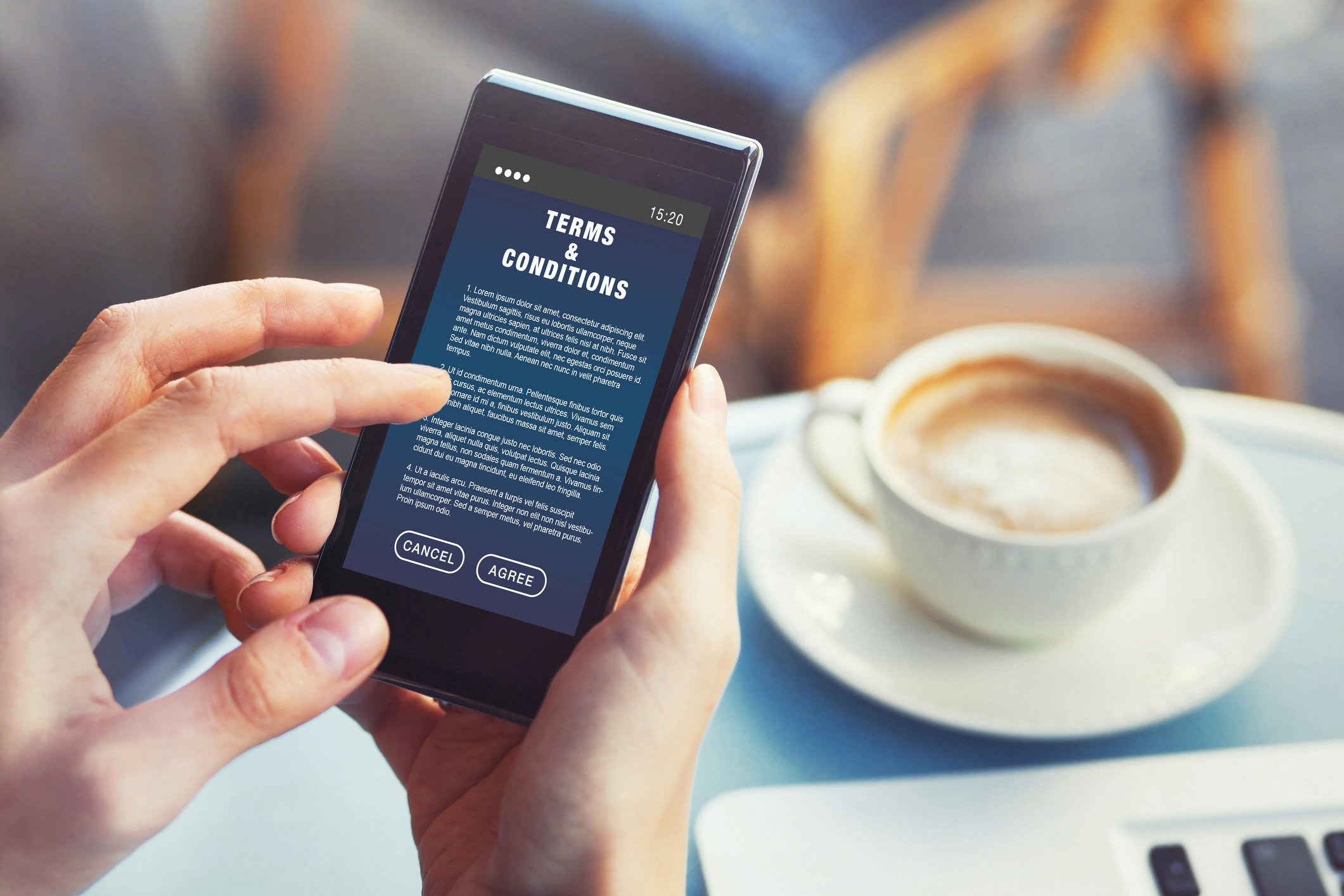Loyalty and the cost of living
By Ko de Ruyter, Debbie Keeling and David Cox
Okay, let us start-off this discussion with a bold statement; loyalty programs that think they can just sit out the current cost-of-living emergency or simply cut the cost of their business will be sleepwalking into a huge loyalty crisis. We strongly feel that a knee-jerk reaction to take back control of costs will not get you far enough to outlive the current times of trouble. In contrast, we believe that programs that are focused on a genuinely meaningful member experience based on caring for people, community and our planet will have the best chance of weathering the current and future crises. There is a growing group of customers and businesses that has a preference for developing relationships with brands that care for stakeholders, not just shareholders. The good news is that these are increasingly shown to be the most profitable brands. Your customers are looking for meaningful solutions that solve their problems, help them deal with soaring cost pressures as the cost of business is perceived to spiral out of control. Of course, your members are still evaluating the cost and benefits of doing business with you. However, these aspects are no longer the prime drivers of the loyalty of your members. In addition to their minds, you need to carefully pay attention to winning their hearts. The following steps are essential for achieving this.
Engage with empathy
Or put differently, put yourself in the member’s shoes. Every time anyone engages with a member they need to be aware of the difficulties that that customers is currently experiencing and be ready to respond in an emphatic manner - be responsive, provide assurance and instil confidence. This can be quite daunting as such an attitude does not come naturally to everyone. If you run an in-house program, your staff is likely to need additional customer experience training. If you partner with a loyalty agency, have a conversation about how well equipped their member-facing staff are in executing emphatic behaviour, as our data shows that an overwhelming majority of program members expect to be shown support and understanding.
Be clear on what your program stands for
Ask yourself what the difference is that you want your program to make. Does it help to make the world a better place? If the answer is yes, our research shows that this has become a key driver of building the emotional bonds that shape strong customer loyalty. Members are seeking to affiliate with programs that are driven by purpose and values and beliefs that they can identify with. This is what people reflect on in times of need, as they are re-considering what is really important to them in their personal and business lives. We know that members who make hard and life-changing decisions tend to stick with them. Also, as a result of these deliberations, members will see through empty promises and virtue signalling and switch their brand allegiance. Trust us, you do not want to be part of the great loyalty resignation. Providing business and social value, based on a sense of purpose will prevent that.
Think and act local
Increasingly, program members are looking for evidence that shows that your program cares about issues that affect their personal living conditions. One of the side effects of the Covid crisis is that we have been re-oriented towards our direct and local environment and as a result local community support is high on your members’ agenda. Adapt your program so that it connects with your members’ local business communities. For instance, by organising network events at regional levels. Another take-away from Covid is that people are used to connect online, which makes it feasible to organise these within the context of a loyalty program.
End the loyalty penalty
Ditch the no pain, no gain principle. Your members are already in enough pain. To this day, a large number of programs punish their members for long-term loyalty. While welcoming new members with irresistible offers, existing members lose points, get downgraded and lose their tier status. Trust us, that does not send a good message to members who experience a cost of business crisis. As a member of an energy provider wrote: ‘I’ve turned off my gas, I buy yellow-sticker food - but I’ve paid a £3,000 loyalty penalty’. The company has gone into administration. Boris Johnson has gone out of administration. So, by all means take back control of costs, but keep a strong member focus.






